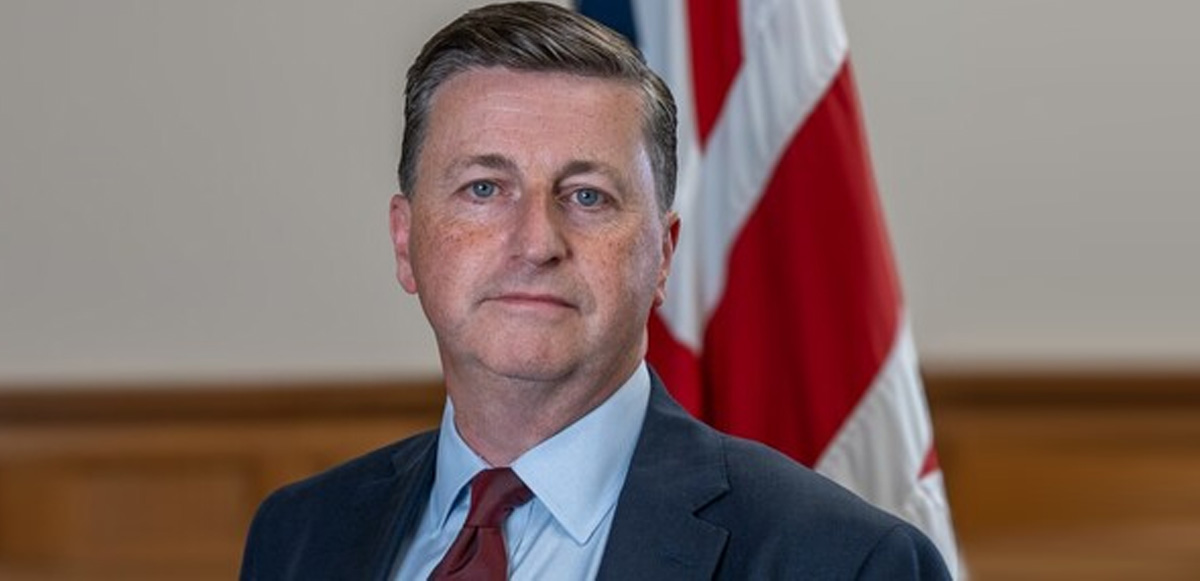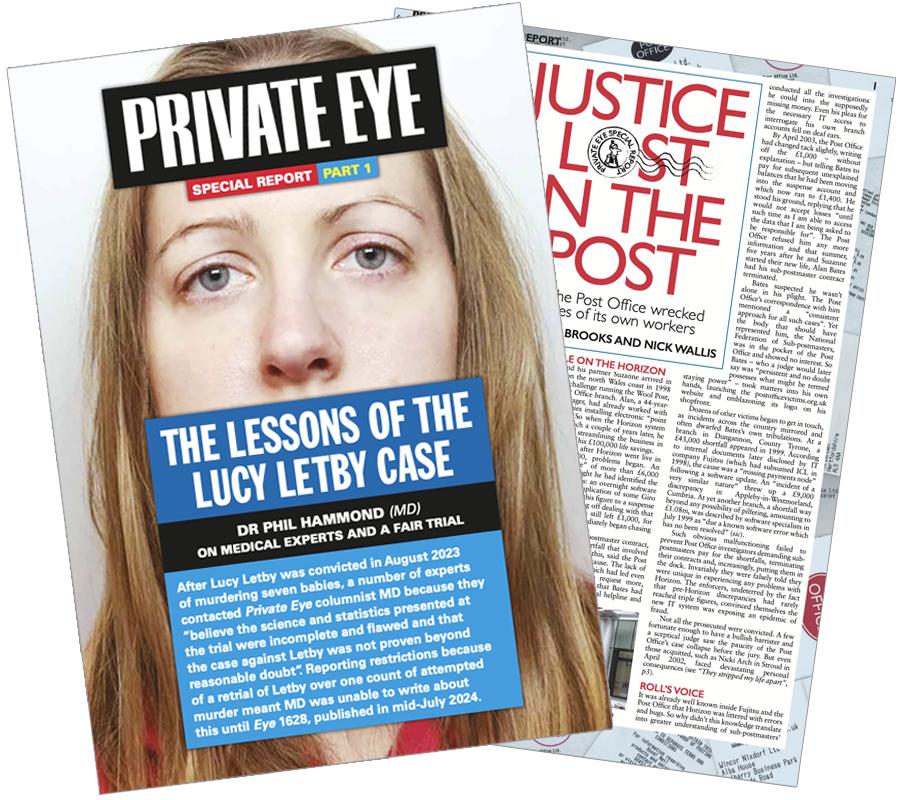
Privates on parade
Army sexual abuse , Issue 1657

It's nearly 30 years since the death of teenage recruit Cheryl James in the "sexualised, misogynistic and toxic" environment of Deepcut barracks (Eyes passim), but far too little has changed.
Internal audit
The latest internal audit of army culture, by Prof Anthony King of Warwick University, was publicly announced in 2021 by Gen Sir Mark Carleton-Smith after a Commons defence committee report found that almost two-thirds of women who gave evidence had experienced bullying, sexual harassment and discrimination while serving in the armed forces.
Despite saying that it accepted the findings in full and has used it "to inform policy changes and direct resources", the Ministry of Defence sat on King's 2022 report for more than three years, only releasing the full document in July after months of correspondence by campaigners from Action on Armed Violence. To Fight and Win: A Cultural Audit of the British Army reveals systemic misogyny, harassment and institutional failure in the troubled and shrinking army.
The audit draws on interviews with more than 500 personnel across ranks and trades. It found that army culture was "coded male" with women subject to routine discrimination, social exclusion and predatory behaviour that undermines morale and cohesion.
A "vast majority" of women personnel reported that they had experienced what was dubbed "door-knocking" in mixed-sex barracks, usually at night, often after personnel have been drinking: "It is common for male soldiers to knock on a female's door soliciting her for sex."
In one case described, a soldier had knocked on a female colleague's door persistently for a two-hour period, including kicking and punching the door and propositioning her.
When questioned by his chain of command: "He claimed he was not soliciting her but was merely asking for a favour. He admitted he was inebriated and, shamefacedly, that he was attracted to the female soldier, which explained his putatively naïve request that she should wake up. In good faith, the chain of command dismissed him as a 'shy, drunk soldier'. He received no formal punishment; he was not even fined."
Ugly scenes
As a result of army use of the WhatsApp messaging service, women also reported being inundated with dick pics, as "male soldiers routinely sent photographs of their penises to their female colleagues."
Meanwhile many had faced inappropriate behaviour from senior officers, for example, one "slapped a female soldier's rear during a mess function".
Eye readers will recall that the inquest of teenage Royal Artillery gunner Jaysley Beck this year heard she had been overwhelmed by unwanted sexual advances and messages from a superior officer before she took her own life in 2021 (Eye 1643).
Prof King added that while most women's complaints were about harassment and sexist language, "it was sobering that in one female focus group consisting of 14 female soldiers and officers, two had been sexually assaulted."
Victims told the audit that they feared reporting incidents due to ostracism or disbelief, creating a culture of silence and mistrust. "If you speak up, you're the problem," one junior rank said. "You'll be frozen out, made to feel you can't be trusted, or moved somewhere worse".
The report's recommendations included a zero-tolerance approach to harassment, and a shift in army thinking and language away from the hyper-masculine to the hyper-professional.
But as noted in Eye 1569, according to Air Chief Marshal Sir Mike Wigston, who carried out a previous review of inappropriate behaviour, the armed forces already have "a considerable amount of policy" covering harassment of women and minorities but are, ahem, "sub-optimal" at dealing with it when it happens.
More top stories in the latest issue:
SAFETY PINNED
The UK's first privately run secure school, opened last year by a Christian organisation, closed last month after scathing Ofsted reports.
FORCE OF HABIT
Yet again, Northamptonshire Police has displayed deeply improper behaviour, threatening a local reporter with arrest for nothing more than doing her job.
FRACTIONAL DISPUTE
Dozens of part-time holiday property "owners" are challenging UK firm Seasons Holidays over a scheme marketed as a revolutionary timeshare.
TURD OF THE WEEK
Thames Water has decided to push ahead with a scheme to extract millions of litres from the Thames for household use and replace it with treated sewage.
DUTCH COURAGE
The Dutch Grand Prix was a reminder of how UK governments have failed to substantively change laws around gambling sponsorship of sport.
FLATS BROKE
A retired accountant has found that housing association Southern Housing has been overcharging its tenants by thousands of pounds each.
PENALTY SPOT
The Office of Financial Sanctions Implementation crowed over a £300,000 penalty it issued for breach of Russia sanctions, but all is not what it seems.
PATTERN OF FAILURE
A mother's fight to support her two autistic sons after their older brother died has shown up shortcomings in Essex's mental health services.



































